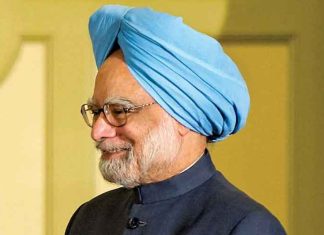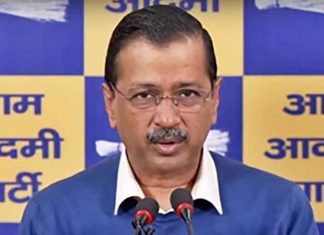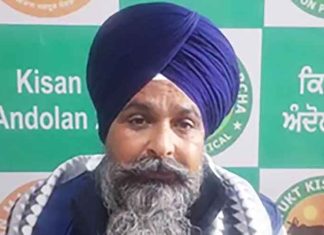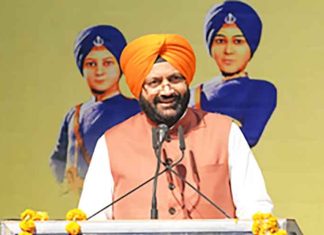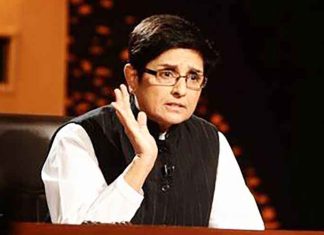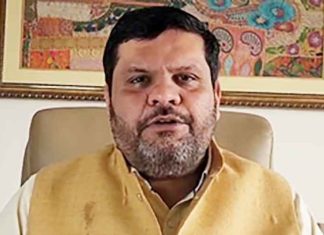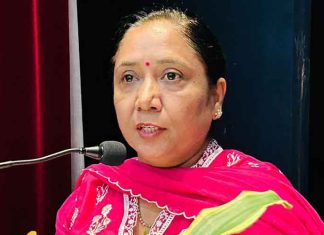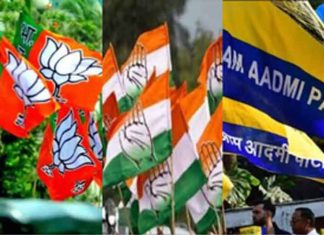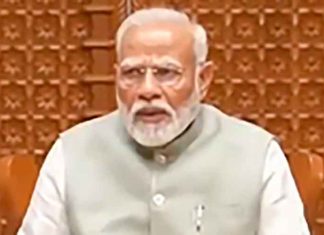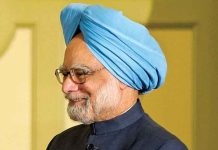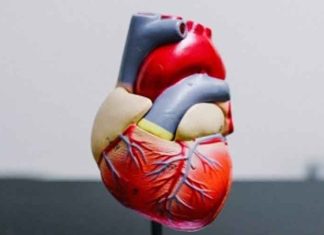New Delhi, Aug 6, 2024
Public awareness coupled with government action is needed to curb unhealthy food practices which will then help fight the rising non-communicable diseases like obesity, diabetes, and hypertension, according to experts on Tuesday.
India has been witnessing a significant rise in obesity, diabetes, and hypertension which have been driving various health problems majorly heart diseases, stroke, and cancers.
A recent study, published in the journal Nature Medicine, showed that westernisation of diet characterised by increased consumption of processed foods, refined carbohydrates, and unhealthy fats has contributed to the global rise in gut microbial vulnerability, chronic inflammation, and chronic diseases, affecting mainly the cardiovascular system, systemic metabolism, and the gut.
“Changing dietary patterns and eating more industrial food products is responsible for increasing obesity and diabetes and 56 per cent deaths in India,” Arun Gupta, a paediatrician, and NAPi convener, told IANS
He blamed it on the “seductive and misleading advertising” and called for “necessary stringent regulation to control the food industry which comes at the expense of a sicker population”.
Meanwhile, the study by researchers from the Medical University of Innsbruck in Austria discussed the links between diet and disease in the context of obesity and type 2 diabetes, cardiovascular diseases, gut and liver diseases, and solid malignancies.
They also argued that “healthcare professionals and societies must react today to the detrimental effects of the Western diet to bring about sustainable change and improved outcomes in the future”.
Rajeev Jayadevan, a Kochi-based gastroenterologist, told IANS that the term “Western diet” may be misleading and stigmatising, instead, he urged “it needs to be replaced by more precise, neutral terms such as ‘convenience diet’, ‘industrialised diet’ or ‘urban diet’.”
“Thus, it is not a question of the Western diet, but rather dietary indiscretion. It is driven by peer influence, advertising, availability, affordability, and convenience,” he said.
“Essentially, it refers to an increased amount of ultra-processed foods, high-calorie beverages, and fatty snacks that are high in sugar and salt being consumed instead of a balanced diet consisting of healthy fruit and vegetable servings, whole grains, eggs, legumes, fish, and lean meat,” he explained.
The doctor stated that excessive consumption of ultra-processed foods, unhealthy fats, and high salt and sugar in the setting of a sedentary lifestyle is a well-known recipe for chronic illnesses.
He called for educating children “about healthy eating patterns, informing of the outcomes of poor dietary choices”.
“While the additional effects of alcohol and tobacco are already known, what needs to be studied more are the effects of pesticides, plastics, reheated oil, various pollutants, food colouring agents, and preservatives,” Jayadevan said.
Gupta also suggested that the government “bring a Bill for ‘warning on the front of the pack’ and ‘restriction of marketing and advertising’ exposure of people and move to halt rising obesity and diabetes”.(Agency)





